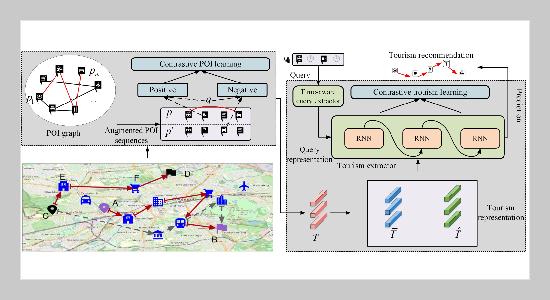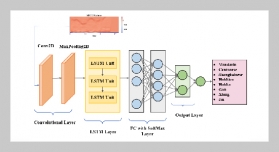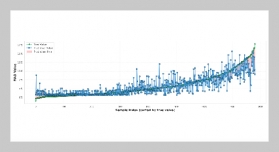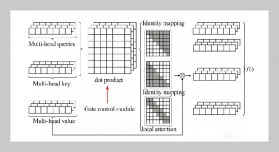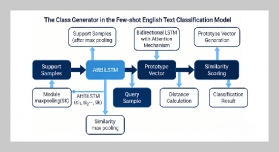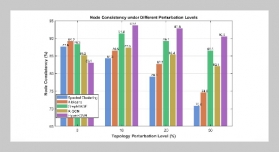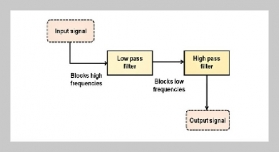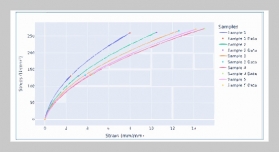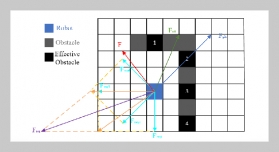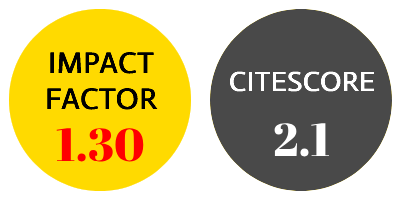- [1] F. Zhou, X. Yue, G. Trajcevski, T. Zhong, and K. Zhang. “Context-aware variational trajectory encod�ing and human mobility inference”. In: The world wide web conference. 2019, 3469–3475. DOI: 10.1145/ 3308558.3313608.
- [2] J. He, J. Qi, and K. Ramamohanarao. “A joint context�aware embedding for trip recommendations”. In: In�ternational Conference on Data Engineering. 2019, 292– 303. DOI: 10.1109/ICDE.2019.00034.
- [3] F. Zhou, H. Wu, G. Trajcevski, A. Khokhar, and K. Zhang, (2020) “Semi-supervised trajectory understand�ing with poi attention for end-to-end trip recommenda�tion" Transactions on Spatial Algorithms and Sys�tems 6(2): 1–25. DOI: 10.1145/3378890.
- [4] N. L. Ho and K. H. Lim. “User preferential tour recommendation based on poi-embedding meth�ods”. In: International Conference on Intelligent User Interfaces-Companion. 2021, 46–48. DOI: 10.1145/3397482.3450717.
- [5] P. Li, J. Gao, J. Zhang, S. Jin, and Z. Chen, (2022) “Deep Reinforcement Clustering" Transactions on Multime�dia: DOI: 10.1109/TMM.2022.3233249.
- [6] J. Gao, M. Liu, P. Li, J. Zhang, and Z. Chen, (2023) “Deep Multiview Adaptive Clustering With Semantic In�variance" Transactions on Neural Networks and Learning Systems: DOI: 10.1109/TNNLS.2023.3265699.
- [7] Z. Duan, Y. Gao, J. Feng, X. Zhang, and J. Wang. “Personalized tourism route recommendation based on user’s active interests”. In: International Confer�ence on Mobile Data Management. 2020, 729–734. DOI: 10.1109/MDM48529.2020.00071.
- [8] F. Yu, L. Cui, W. Guo, X. Lu, Q. Li, and H. Lu. “A category-aware deep model for successive POI rec�ommendation on sparse check-in data”. In: the web conference. 2020, 1264–1274. DOI: 10.1145/3366423.3380202.
- [9] Q. Gao, F. Zhou, K. Zhang, F. Zhang, and G. Tra�jcevski, (2021) “Adversarial human trajectory learning for trip recommendation" Transactions on Neural Net�works and Learning Systems 34(4): 1764–1776. DOI: 10.1109/TNNLS.2021.3058102.
- [10] J. Wang, N. Wu, and W. X. Zhao, (2021) “Personal�ized route recommendation with neural network enhanced search algorithm" Transactions on Knowledge and Data Engineering 34(12): 5910–5924. DOI: 10.1109/TKDE.2021.3068479.
- [11] P. Li, Z. Chen, L. T. Yang, J. Gao, Q. Zhang, and M. J. Deen, (2018) “An incremental deep convolutional compu�tation model for feature learning on industrial big data" Transactions on Industrial Informatics 15(3): 1341– 1349. DOI: 10.1109/TII.2018.2871084.
- [12] J. Latrech, Z. Kodia, and N. Ben Azzouna, (2024) “CoDFi-DL: a hybrid recommender system combining enhanced collaborative and demographic filtering based on deep learning" Journal of Supercomputing 80(1): 1160–1182. DOI: s11227-023-05519-2.
- [13] X. He and T.-S. Chua. “Neural factorization machines for sparse predictive analytics”. In: Proceedings of the 40th International ACM SIGIR conference on Research and Development in Information Retrieval. 2017, 355– 364. DOI: 10.1145/3077136.3080777.
- [14] C. Yan and Y. Shi. “A personalized location recom�mendation based on convolutional neural network”. In: Information Technology and Mechatronics Engineer�ing Conference (ITOEC). 2020, 1516–1519. DOI: 10.1109/TSMC.2019.2931723.
- [15] J. Wang, H. Xie, O. T. S. Au, D. Zou, and F. L. Wang. “Attention-based CNN for personalized course rec�ommendations for MOOC learners”. In: International symposium on educational technology. 2020, 180–184. DOI: 10.1109/ISET49818.2020.00047.
- [16] J. Zhang, X. Shi, S. Zhao, and I. King. “STAR-GCN: Stacked and Reconstructed Graph Convolutional Networks for Recommender Systems”. In: Interna�tional Joint Conference on Artificial Intelligence. 2019, 4264. DOI: 1783.1/100998.
- [17] H. Wang, M. Zhao, X. Xie, W. Li, and M. Guo. “Knowledge graph convolutional networks for rec�ommender systems”. In: The world wide web conference. 2019, 3307–3313. DOI: 10.1145/3308558.3313417.
- [18] Y.-H. Chen, L. Huang, C.-D. Wang, and J.-H. Lai, (2021) “Hybrid-order gated graph neural network for session-based recommendation" Transactions on Indus�trial Informatics 18(3): 1458–1467. DOI: 10.1109/TII.2021.3091435.
- [19] X. Xin, L. Yang, Z. Zhao, P. Ren, Z. Chen, J. Ma, and Z. Ren. “On the Effectiveness of Unlearning in Session�Based Recommendation”. In: International Conference on Web Search and Data Mining. 2024, 855–863. DOI: 10.1145/3616855.3635823.
- [20] Y. Wu, J. Cao, and G. Xu, (2023) “FASTER: A dy�namic fairness-assurance strategy for session-based rec�ommender systems" Transactions on Information Sys�tems 42(1): 1–26. DOI: 10.1145/3586993.
- [21] C. Xu, P. Zhao, Y. Liu, V. S. Sheng, J. Xu, F. Zhuang, J. Fang, and X. Zhou. “Graph contextualized self�attention network for session-based recommenda�tion.” In: IJCAI. 19. 2019, 3940–3946. DOI: 10.24963/ijcai.2019/547.
- [22] R. Qiu, J. Li, Z. Huang, and H. Yin. “Rethinking the item order in session-based recommendation with graph neural networks”. In: Proceedings of the 28th ACM international conference on information and knowledge management. 2019, 579–588. DOI: 10.1145/3357384.3358010.
- [23] F. Yu, Y. Zhu, Q. Liu, S. Wu, L. Wang, and T. Tan. “TAGNN: Target attentive graph neural networks for session-based recommendation”. In: international ACM SIGIR conference on research and development in information retrieval. 2020, 1921–1924. DOI: 10.1145/3397271.3401319.
- [24] W. Song, Z. Xiao, Y. Wang, L. Charlin, M. Zhang, and J. Tang. “Session-based social recommendation via dynamic graph attention networks”. In: international conference on web search and data mining. 2019, 555–563. DOI: 10.1145/3289600.3290989.


